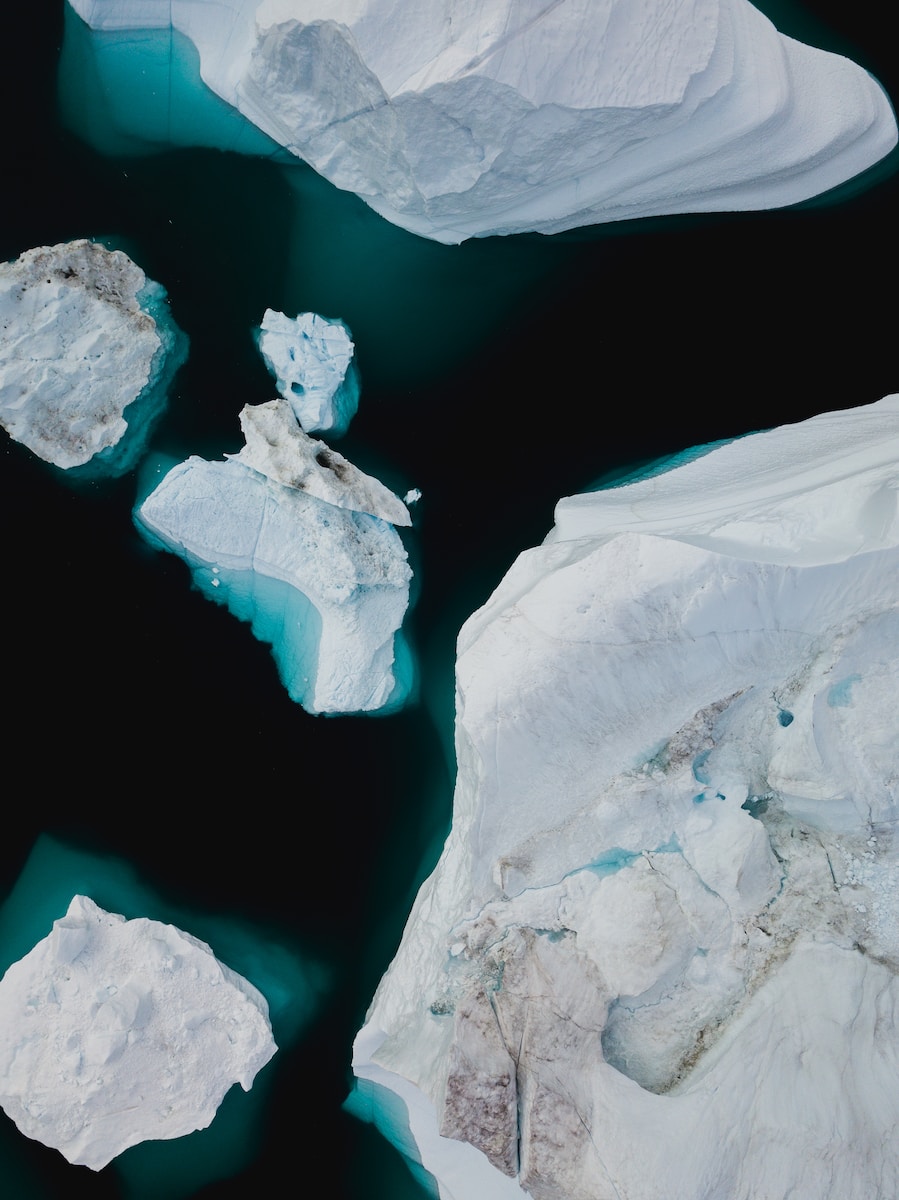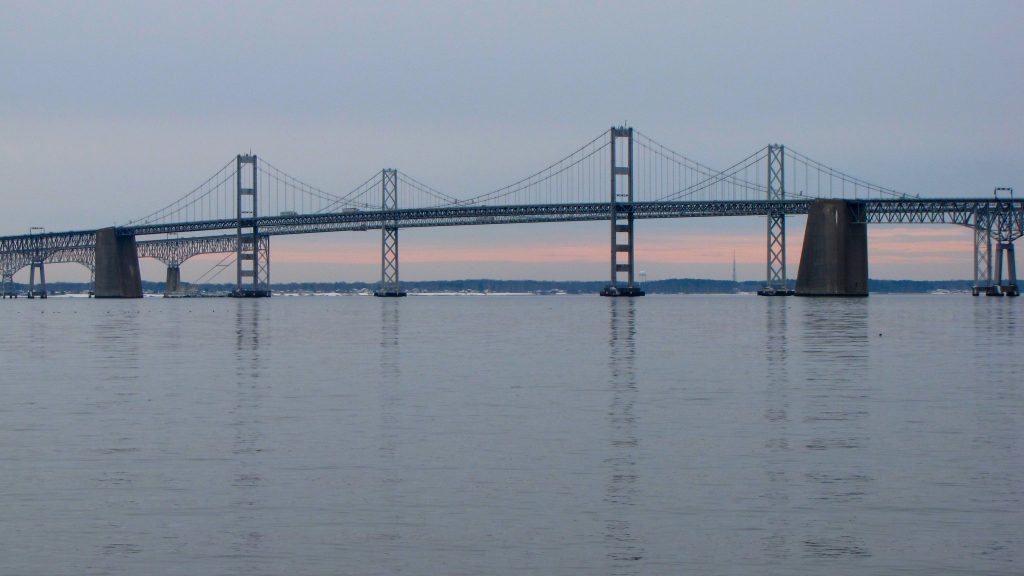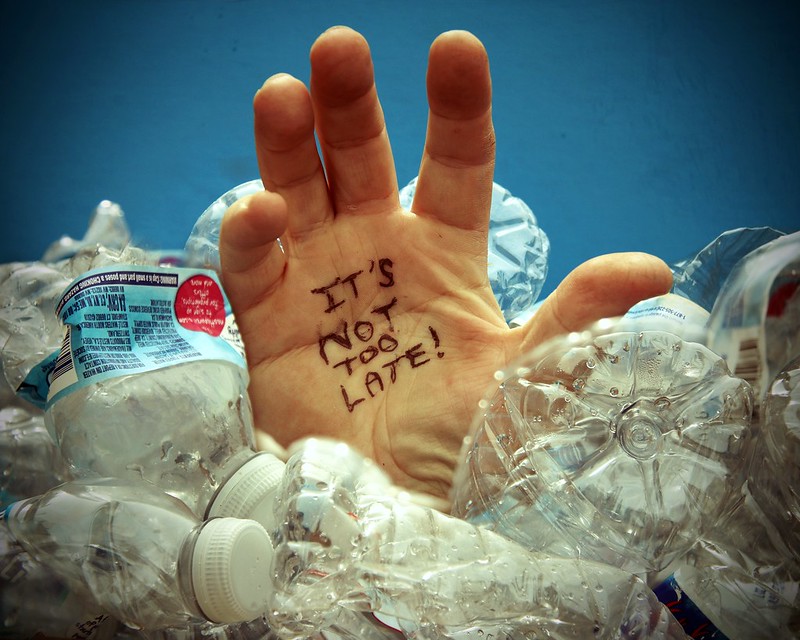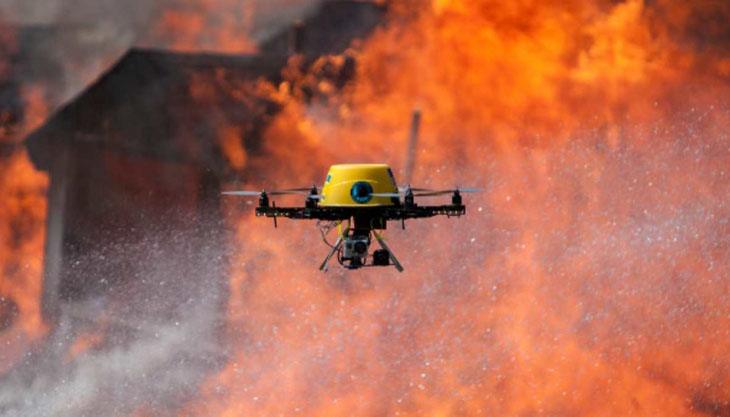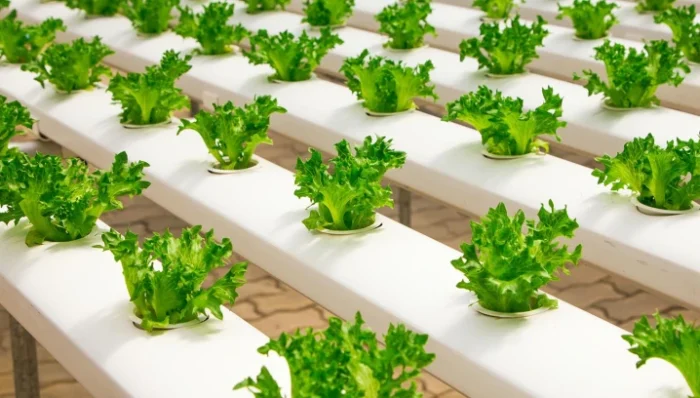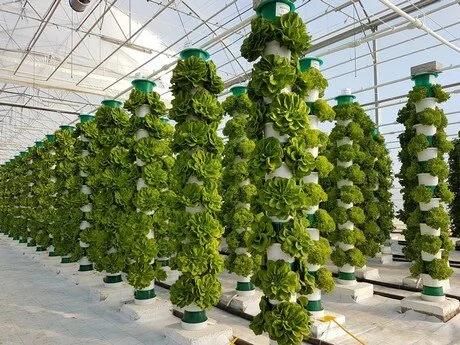The Svalbard islands in the Arctic have been getting attention because people are worried about methane, which is a powerful gas that has a big effect on climate change. Methane comes from natural things like thawing ice and human activities like getting gas or oil from the ground.
In Svalbard, the ice that has been frozen for very long, which is called permafrost, is starting to melt because it is getting warmer in the Arctic. When the ice starts to melt, methane gets released, and methane is worse at trapping heat than carbon dioxide.
It is difficult for scientists to study the methane in the ice in Svalbard because it’s far away and it isn’t easy to reach. They’ve done multiple studies to figure out how much methane there is, and how it is getting released.
This is a big deal because it causes global warming to become much worse, quickly. It creates a cycle in global warming where it continues to get worse and worse. As the Arctic warms up, the ice melts, and the methane gets released. When the methane gets released it gets warmer again and more ice will melt. This continues in a cycle causing global warming to happen even faster.
People are trying to reduce the methane in the Arctic by doing scientific research where they are internationally working together and using practices that are good for the environment to slow global warming as much as possible.
To conclude, Svalbard is an important, but difficult, place to study because of the methane there in the Arctic. We need to understand the problem and continue to fix it so not too much of the methane gets released. Scientists are collaborating and working hard to find the best ways to reduce the methane in the Arctic and save it’s ecosystems.
Related Stories
https://www.newsweek.com/greenhouse-emissions-skyrocket-methane-escapes-frozen-prison-1851696
https://www.cam.ac.uk/stories/glaciers-methane
https://www.cbsnews.com/news/methane-escaping-melting-glaciers-svalbard-norway-climate-change/
Take Action
https://www.nrdc.org/stories/how-you-can-stop-global-warming
https://www.northwestern.edu/fm/fm-staff/10-ways-to-stop-global-warming.html
